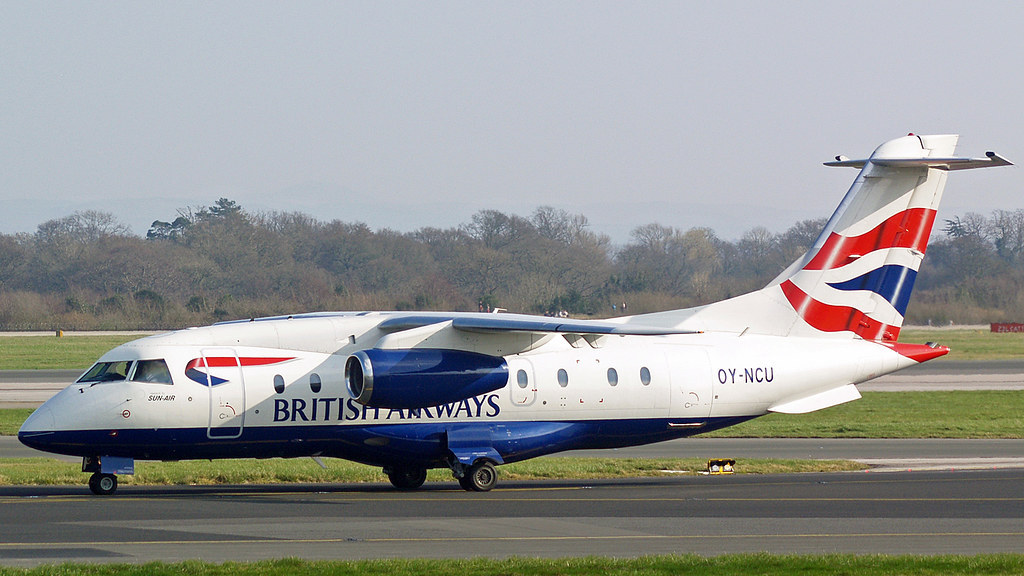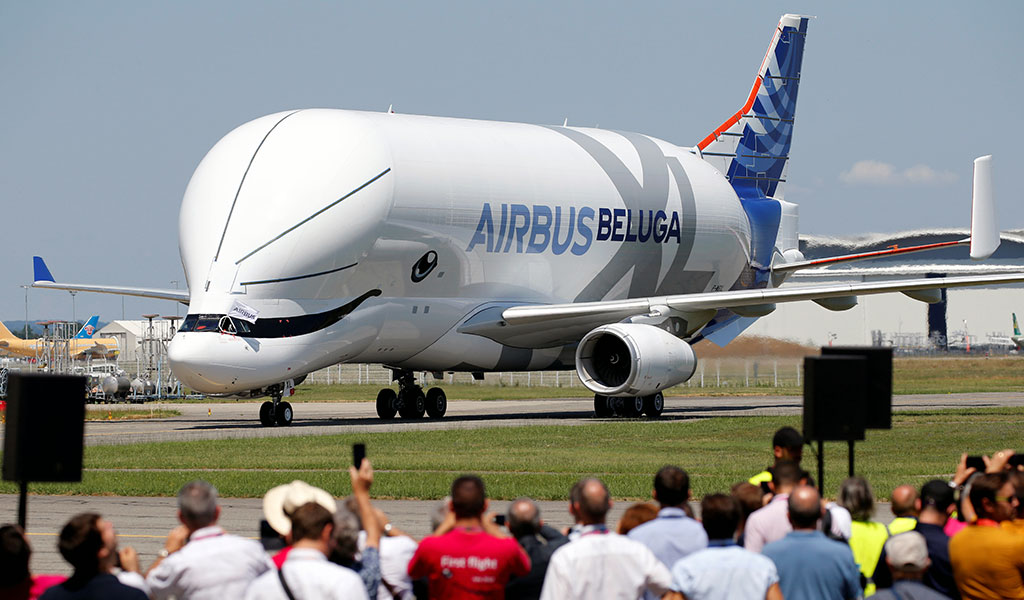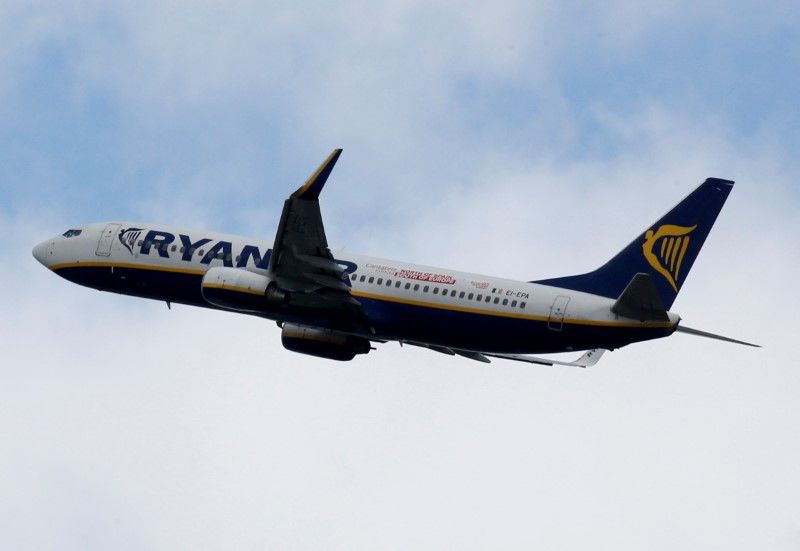Garmin is pleased to announce European Aviation Safety Agency (EASA) approval of an Automatic Dependent Surveillance-Broadcast (ADS-B) solution for the Dornier 328 jet and turboprop aircraft. SUN-AIR Aviation Group has selected a Garmin ADS-B solution for their entire fleet of 18 Dornier 328 aircraft that utilizes a Supplemental Type Certificate (STC) and “plug and play” installation kit from their certification partner Scandinavian Avionics, headquarters of The SA Group. This cost-effective Garmin ADS-B upgrade provides operators with an economical solution for complying with the ADS-B mandate in Europe.
“Garmin continues to lead the industry on a global scale with a broad range of ADS-B solutions that span all segments of aviation, including a wide-range of commercial, defense, regional and business aircraft,” said Carl Wolf, vice president of aviation sales and marketing. “We are thrilled to provide SUN-AIR with a technology solution that is cost-effective, easy to install and keeps them flying so they can continue to serve their valued customers.”
The ADS-B upgrade for the Dornier 328 is comprised of a pair of GTX 3000 ADS-B transponders and a GPS 3000, a high-integrity SBAS/WAAS position source, and a complete installation kit comprised of a pre-wired shelf, wire harness and consumption material. This solution is designed to easily interface to existing equipment on board the aircraft, reducing installation time and lowering the overall cost of compliance. Together, the GTX 3000 and GPS 3000 serve as a rugged, standalone ADS-B Out solution that meets the stringent demands of transport category aircraft around the globe.
“This Garmin ADS-B solution is an ideal upgrade for our aircraft because the installation design supports an abbreviated maintenance visit,” Kristoffer Sundberg, CEO SUN-AIR airlines. “For our workhorse fleet of aircraft, efficiency and minimal aircraft downtime are key, and Garmin and Scandinavian Avionics have addressed this with a straightforward upgrade.”
Designed by Scandinavian Avionics, the STC and slide-in rack contains all of the necessary Garmin equipment and paperwork for the ADS-B Out solution. Scandinavian Avionics has completed the initial installation on a prototype aircraft and expects to complete the upgrade on the entire SUN-AIR fleet in the coming months.
“Alongside Garmin, we have designed this STC so that Dornier 328 operators can take advantage of the installation efficiencies this upgrade affords,” said Michael Truelsen, CEO Scandinavian Avionics. “We look forward to continuing to work with Garmin to expand the aircraft eligibility list for this all-in-one, turn-key solution.”
The GTX 3000 and GPS 3000 Garmin ADS-B Out solution for the Dornier 328 has received EASA approval and is available immediately. For additional information regarding the STC, contact SUN-AIR or Scandinavian Avionics. Visit www.garmin.com/aviation for additional information.





